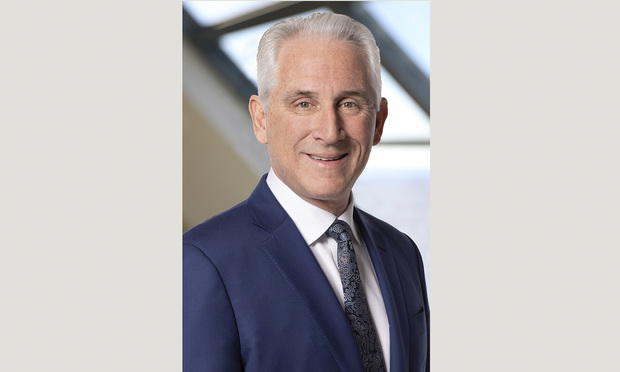As we eagerly anticipate the restart of jury trials, it is useful to reassess our core thinking about malpractice cases in the wake of a global pandemic that has sharpened our collective focus on health care. How will juries respond to allegations of malpractice? Will juries expect more of health care practitioners who have been appropriately exalted in the media or will juries be more apt to give health care professionals a pass when presented with allegations of wrongdoing? Undoubtedly the answer will be revealed in the coming months as malpractice cases find their way back into the courtroom.
It is anticipated that there will be approximately 86,000 new cases of cancer diagnosed this year in Pennsylvania. Particularly with late-stage disease, many cancer patients will inevitably wonder whether an earlier diagnosis was possible. Friends and family inevitably weigh in resulting in an assessment and scrutiny of prior medical visits and test results. In situations where complaints that were frequently voiced to doctors turn out to be characteristic of the type of cancer diagnosed, legal counsel is frequently sought. As one third of all malpractice cases involve diagnosis, and a sizeable percentage of these cases involve cancer, it is important that we have an awareness of key considerations when contemplating this type of litigation moving forward.


 Steven Wigrizer of Saltz Mongeluzzi & Bendesky (Photo: Courtesy Photo)
Steven Wigrizer of Saltz Mongeluzzi & Bendesky (Photo: Courtesy Photo)




